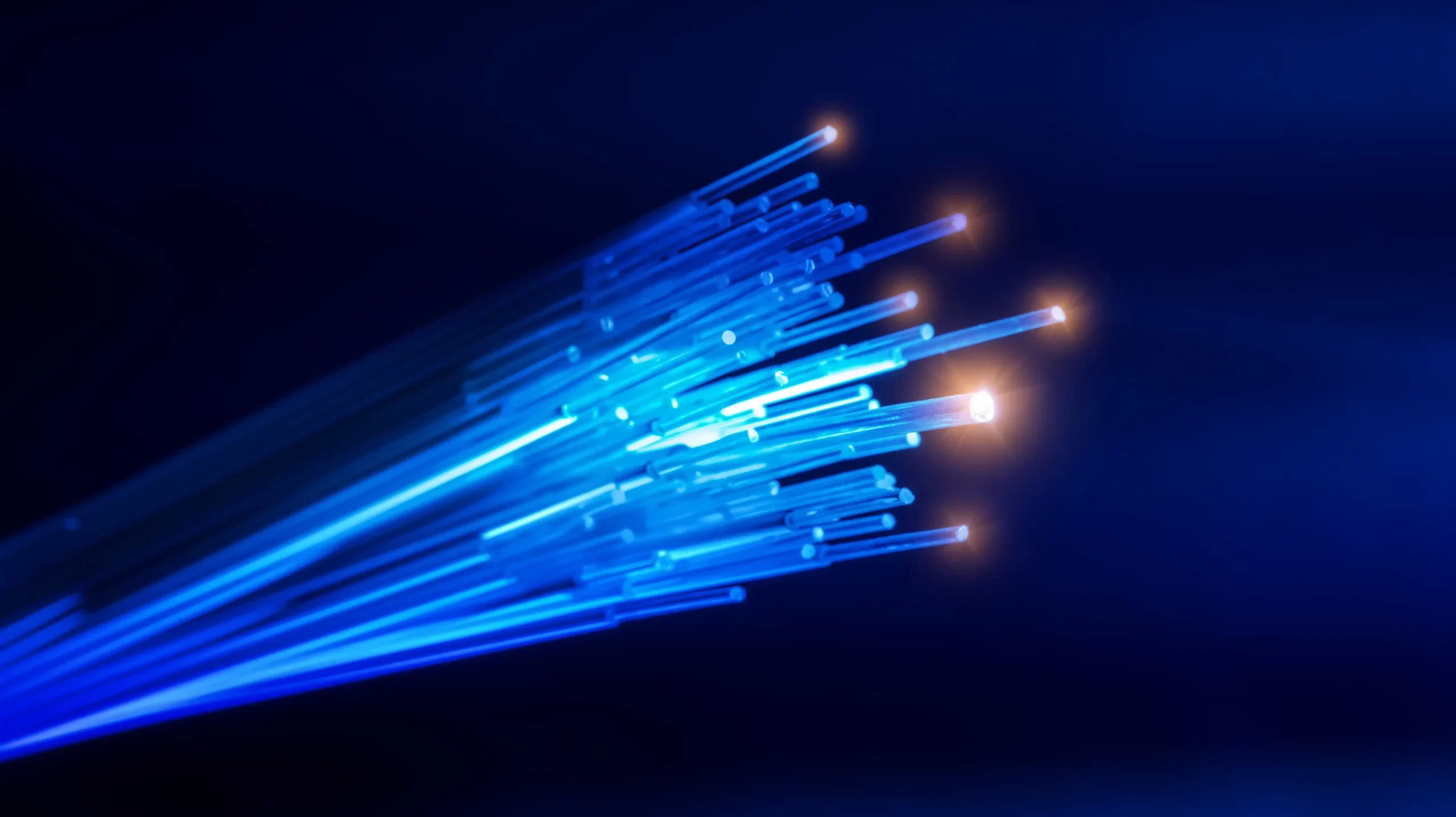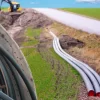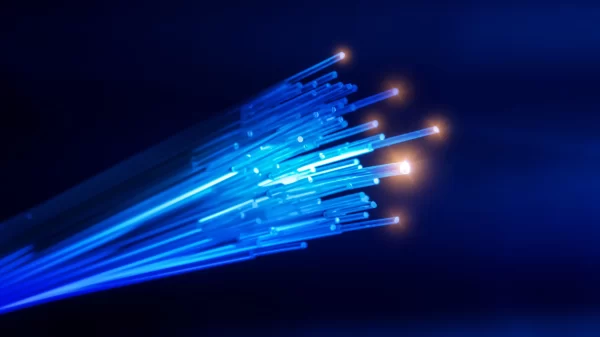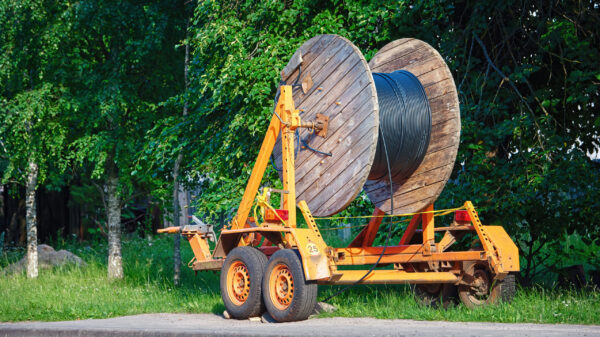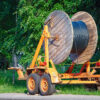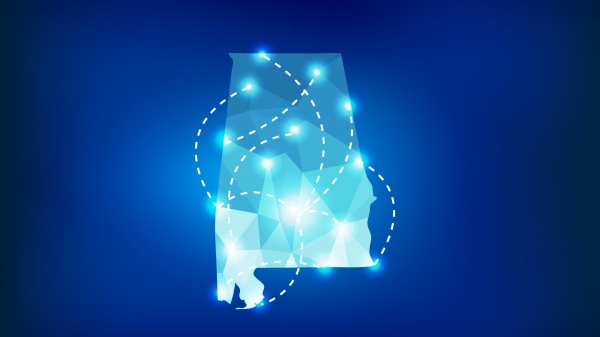|
Getting your Trinity Audio player ready...
|
When Governor Kay Ivey asked me to serve as Director of the Alabama Department of Community Affairs (ADECA), she made one thing clear – a top priority of her administration is to ensure that every single Alabamian will have the ability to access high-speed internet.
That is a noble goal indeed, given that in a modern, 21st century economy, responsive, reliable access to the internet is a necessity, not a luxury. It is virtually impossible for Alabamians to meet their full potential without access to this vital asset.
And the progress our state has made thus far in accomplishing her goal has been a true success story. Just a few short years ago, Alabama ranked near the bottom of the list in high-speed internet access. Now, we have set the standard as a national leader in the rate and effectiveness in which we have expanded broadband infrastructure.
This is the result of deliberate, targeted allocations of funds from the Legislature, leadership from Governor Kay Ivey, investments from private partners, and ADECA funding projects that provide the best possible service and outcomes to the people of our state.
I believe it’s important to make sure that Alabamians are educated on the infrastructure that has allowed us to make such impressive progress – optical fiber cable, which is universally considered the gold standard of broadband infrastructure.
What is fiber?
Optical fiber is strands of glass with capacity to move signals at faster speeds than any other communications transmission medium. The speed of how fast you can move data over that strand of glass is limited only by the equipment present at a network host site.
And it’s only going to get better. As the technology of the equipment at the host sites continues to improve, existing fiber will be able to support those improvements and upscale accordingly to meet any imaginable need.
There is nothing faster than the speed of light. And fiber is capable of delivering speeds at a rate unlike anything we can begin to imagine.
Fiber consistently delivers high-speed internet to users at the fastest speeds and works regardless of terrain and other geographical features and weather events, unlike other forms of broadband infrastructure.
Also, fiber is a long-term infrastructure asset, not a short-term technology. While some forms of broadband infrastructure, such as satellites, only last for a few years before needing to be replaced, fiber lasts for the long haul. Fiber should be seen like long-term infrastructure such as roads and bridges, assets that will be utilized for decades or more.
It is also worth noting that satellite networks are owned by out-of-state, private companies. In contrast, fiber infrastructure is located right here at home, in many cases owned by Alabama companies and maintained and operated by Alabama workers. Fiber networks deployed in the state of Alabama will create new jobs and career opportunities for Alabamians, both to build the networks over the next few years and to operate the networks over the next many decades.
In contrast, satellite networks owned by companies located in other states or countries will not create jobs in Alabama and the service fees paid by Alabamians will go to other states rather than benefitting our home state.
As new broadband technologies continue to emerge, it is important to recognize that fiber is universally recognized as the holy grail of broadband infrastructure. And throughout both the United States and the world, it will be the primary communications medium for the rest of our lifetimes.
It is also important to assess cost to the final end consumer. Having the ability to access high-speed internet is great, but if families and businesses can’t afford it, it doesn’t mean much. Fiber is far cheaper for the average consumer than satellite.
Not only does fiber offer the fastest speeds, and highest quality of service at the cheapest cost to consumers, but investing in other forms of broadband delivery like satellite carries significant financial risks.
The state of Alabama in the past few years has received hundreds of millions of federal dollars to build out broadband infrastructure. These are once in a lifetime resources that we will likely not see again any time soon.
Fiber is a long-term asset that will be usable for many decades to come and provides the fastest speeds and highest quality services to consumers; therefore, federal rules require that funding through the Broadband Equity Access and Deployment (BEAD) Program is to be prioritized for fiber projects. Violating these federal guidelines could jeopardize hundreds of millions of dollars for internet expansion.
Satellite services wouldn’t just create untenable financial risk to our state’s broadband expansion efforts, but also to the availability of long-term access for Alabamians.
If a company that operates satellites, for one reason or another, decides to dissolve its satellite operations and stop providing those services – high-speed internet would disappear for Alabamians who have access only to satellite. The vulnerability and risk of putting our broadband eggs in a basket that could disappear in a week, a month, a year or a decade, is simply untenable when the option of having infrastructure that will last decades is available.
That would be a disaster for not just high-speed internet access in our state, but for Alabamians as a whole.
There is a reason that fiber is considered the gold standard of broadband infrastructure. It is owned by Alabama companies and lasts for decades; it provides the highest quality to consumers; it is more affordable for consumers; and it doesn’t come with the many risks that investing into other types of broadband delivery creates.
As we continue to expand this state-of-the-art infrastructure, we will continue to get closer, one step at a time, to meeting Governor Ivey’s goal of connecting Alabamians in every corner of the state.







































